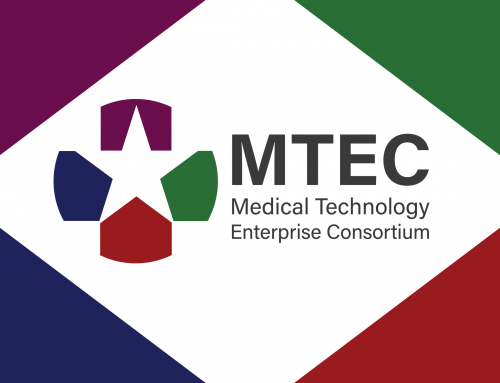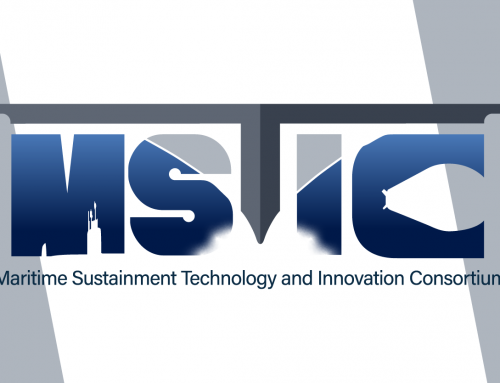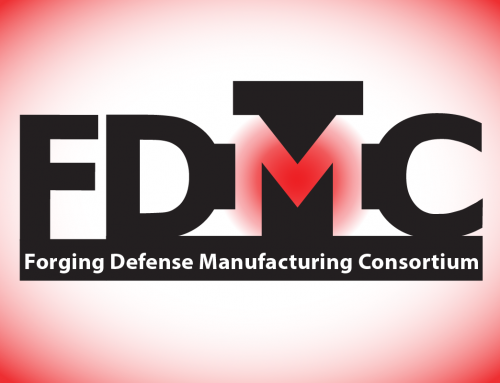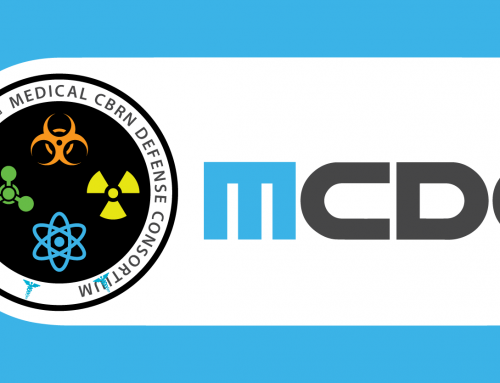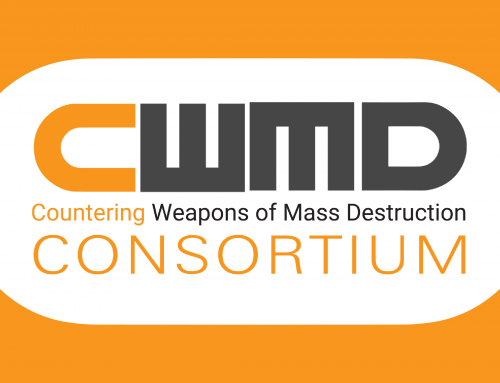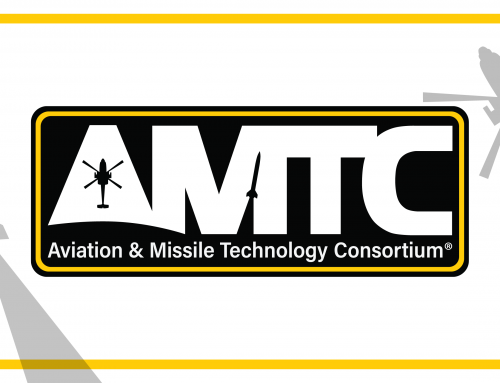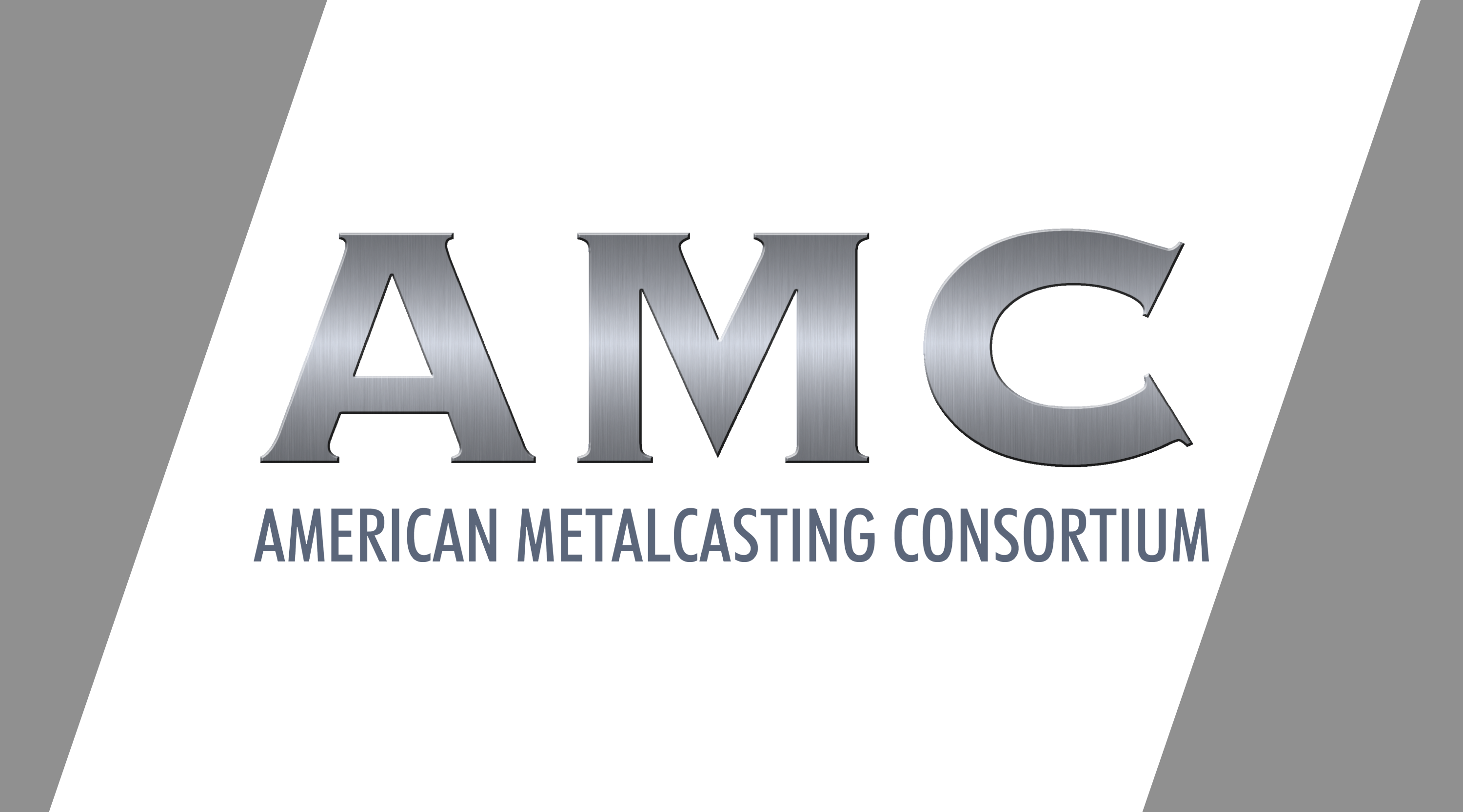
An American Metalcasting Consortium research project is focused on using 3D printed sand molding for the production of complex, metal-ceramic composite casings. This gives the designer significantly more freedom than conventional green sand or bonded sand molding. The project, led by Virginia Tech and sponsored by the American Foundry Society, builds upon prior research in 3D printed sand molding and the design of complicated, energy-absorbing castings containing ceramic or hard metal inserts. As a result, this technology is able to be scaled up and implemented in a variety of materials and applications.
Low volume castings are extremely expensive and have long lead times due to the production of tooling. Lattice structures are lightweight and can effectively absorb and dissipate energy during a crash, but are difficult to produce and cannot be molded using conventional casting techniques.
This project demonstrates that complicated castings, such as metal-ceramic composite lattice castings used in energy-absorbing applications, can be produced using 3D printed sand molding. Modeling the performance of these castings is also being done to enable them to be designed to meet critical design requirements and constraints.
Robust mold designs that take advantage of the 3D printed sand process are capable of producing features as small as 3 mm diameter in non-ferrous and ferrous alloys. Modeling has shown that a 42.5 mm thick, solid block of aluminum alloy A356 would produce similar energy absorption results to a cast 65 mm thick lattice containing 6 mm thick SiC tiles. The cast lattice structure with embedded SiC tiles would result in a weight savings of approximately 18 percent and would absorb/dissipate energy, instead of transferring it. 3D printed sand molding is a cost-effective solution for producing complex castings at low volumes and can benefit research programs, new product development, and legacy castings.
“That fact that we were able to successfully produce a complex lattice casting with no hot tears using a 3D printed mold in a production foundry demonstrates the potential of nano-reinforced aluminum alloys to produce large cast structures out of strong alloys, eliminating one of the major impediments to their use,” said David Weiss, VP Research and Development of Eck Industries.
View more information on this project and an image here.
About the American Metalcasting Consortium:
AMC develops and implements the best metalcasting technologies and processes to support DLA’s mission of improving the readiness and mission effectiveness of U.S. warfighters. Better metal components ensure technological superiority on the battlefield, at sea, in the air and beyond the stratosphere. AMC is supported by Advanced Technology International.
This research is sponsored by the DLA Troop Support, Philadelphia, PA and the Defense Logistics Agency Information Operations, J68, Research & Development Office, Ft. Belvoir, VA.




